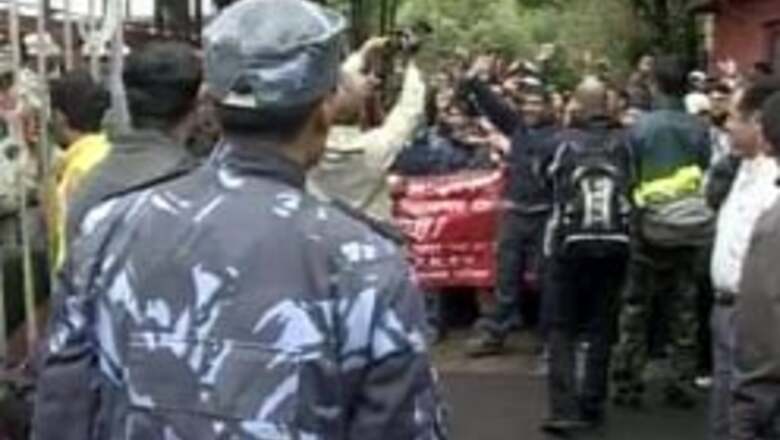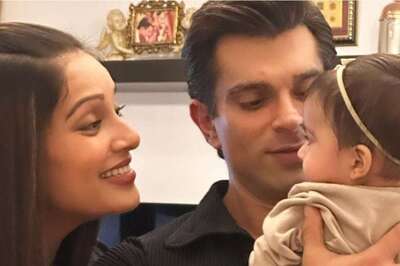
views
Kathmandu: Maoist rebels agreed on Thursday to peace talks with Nepal's government, raising hopes for an end to a decade-old insurgency that has killed 13,000 people.
The insurgents released a statement accepting an offer made by the Himalayan country's new Cabinet on Wednesday.
It will be the third time that the two sides have tried to work out their differences; peace talks in 2001 and 2003 broke down after several months.
Both sides have declared cease-fires since mass protests forced King Gyanendra to yield power last week.
''We welcome it as a positive move,'' rebel chief Prachanda, in the statement that was e-mailed to news organizations, said of the Cabinet's moves, which also included dropping terrorism charges against the Maoists.
''We believe that the talks this time will not be unsuccessful like the two previous ones because there is a historic moment behind this.''
He was referring to the new government's moves toward rewriting the constitution, the rebels' key demand in both of the previous failed negotiations.
Prachanda said the rebels have proposed a code of conduct for the peace talks and ''hope the government will sincerely implement it.''
The rebels joined forces with a seven-party alliance in playing a key role in the three-weeks of demonstrations against the king that left at least 17 protesters dead. The insurgents now appear to be headed for a role in mainstream politics.
Norway's Development Cooperation Minister Erik Solheim, who has been acting as a peace negotiator in Sri Lanka, said the world stood ready to help Nepal.
''The international community may play a role in supporting the peace process and development in Nepal,'' Solheim, wrapping up a three-day visit, said after meeting with new Prime Minister Girija Prasad Koirala.
''But it can never and should never try to take over,'' he said. ''The government and the Maoists will have to take the driving seat. They will make all the decisions and make all the priorities.''




















Comments
0 comment